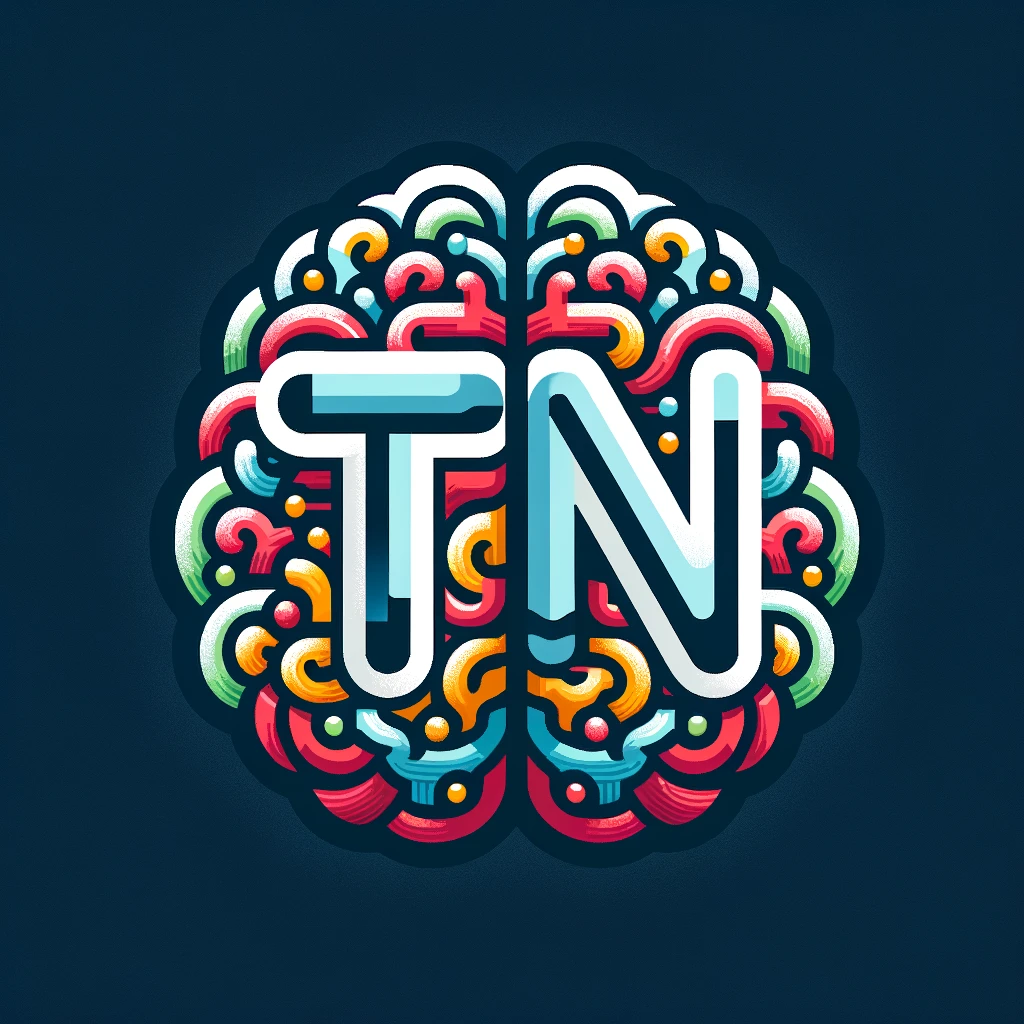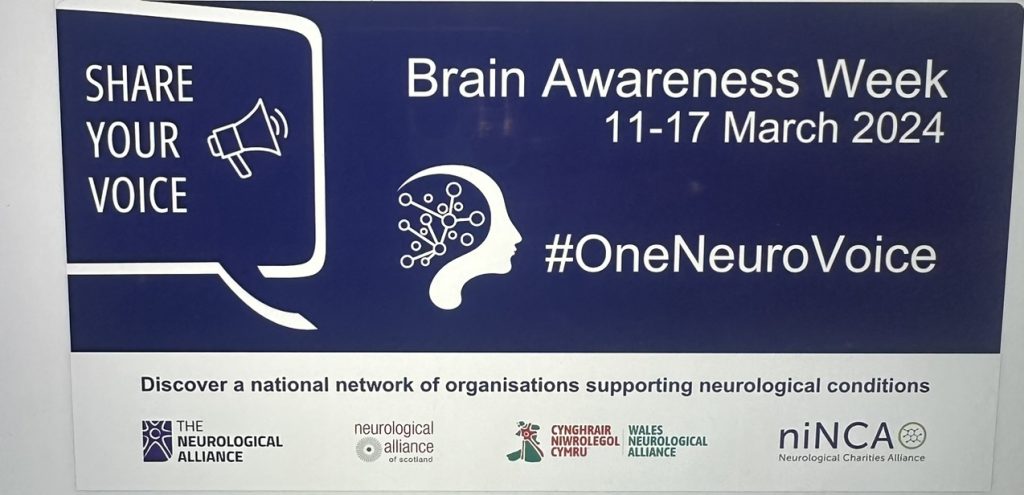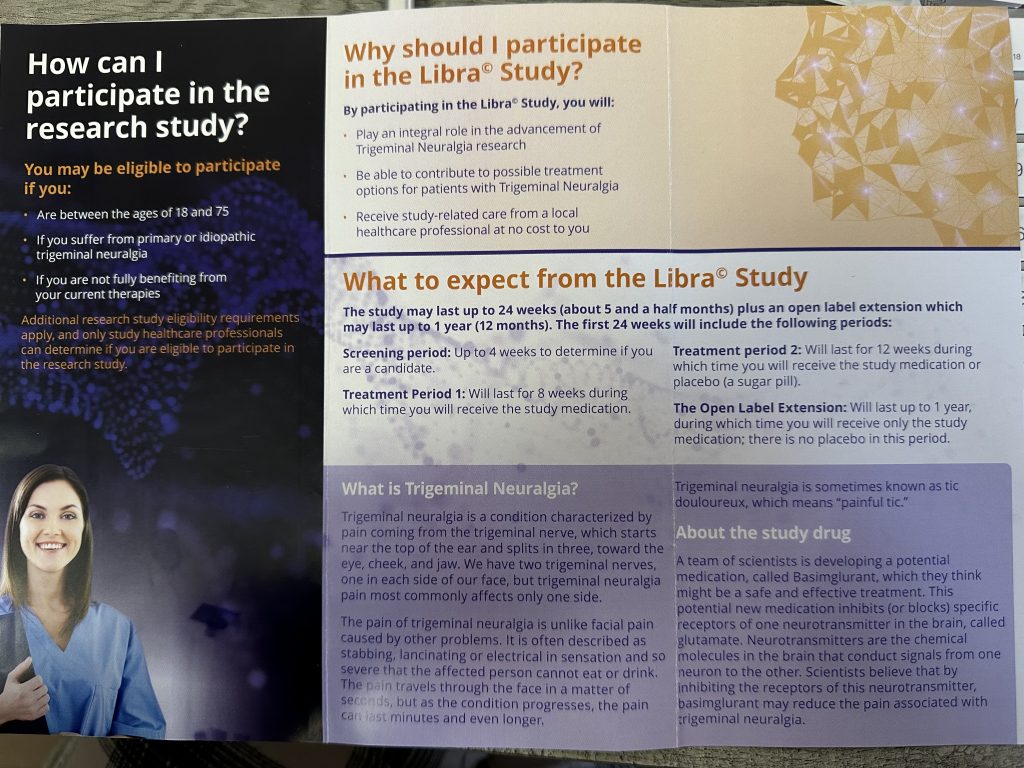International Self-Care Day 24 July

International Self-Care Day 24 July A Comprehensive Guide for People with Trigeminal Neuralgia and Facial Pain by Aneeta Prem CEO Every year on July 24th, International Self-Care Day champions self-care […]
Harrowing Reality of Trigeminal Neuralgia Carolina Arruda

Harrowing Reality of Trigeminal Neuralgia Carolina Arruda The story of Carolina Arruda, a 27-year-old Brazilian veterinary student suffering from bilateral trigeminal neuralgia, has recently captured global attention. Arruda’s battle with […]
Loneliness

Loneliness in the Age of Trigeminal Neuralgia Loneliness can be a debilitating experience, one that is only intensified by the presence of chronic conditions such as Trigeminal Neuralgia (TN). This […]
National Volunteers’ Week

Dear Volunteers, Thank you to All the Volunteers As we celebrate National Volunteers’ Week, I want to extend my thanks to all the incredible volunteers at the Trigeminal Neuralgia Association […]
World MS Day

World MS Day: Understanding the Link Between Multiple Sclerosis and Trigeminal Neuralgia Introduction World MS Day, observed on 30th May, is a global initiative dedicated to raising awareness about Multiple […]
Mental Health Awareness Week 2024

Mental Health Awareness Week 2024: #NoMindLeftBehind Mental Health Awareness Week, running from 13 to 19 May 2024, is dedicated to raising awareness about mental health issues and promoting the importance […]
Earth Day Trigeminal Neuralgia

Earth Day Trigeminal Neuralgia Earth Day and Its Impact on Neurological Health: Focus on Trigeminal Neuralgia Earth Day and Its Impact on Neurological Health: Focus on Trigeminal Neuralgia Earth […]
World Health Day 2024
World Health Day 2024 Bridging the Gap for Invisible Disabilities and Trigeminal Neuralgia Introduction: The Significance of World Health Day World Health Day’s theme, ‘My health, my right,’ highlights the […]
Brain Awareness Week

Understanding Trigeminal Neuralgia: Brain Awareness Weeks Key Focus As Brain Awareness Week unfolds, we spotlight a significant condition: Trigeminal Neuralgia (TN). This disorder underlines the complexity of our brain’s neural networks. […]
Trigeminal Neuralgia Research

Advancing Trigeminal Neuralgia Research: At the core of the Trigeminal Neuralgia Association UK (TNA UK), our unwavering commitment to research and the development of new treatments for Trigeminal Neuralgia (TN) […]




